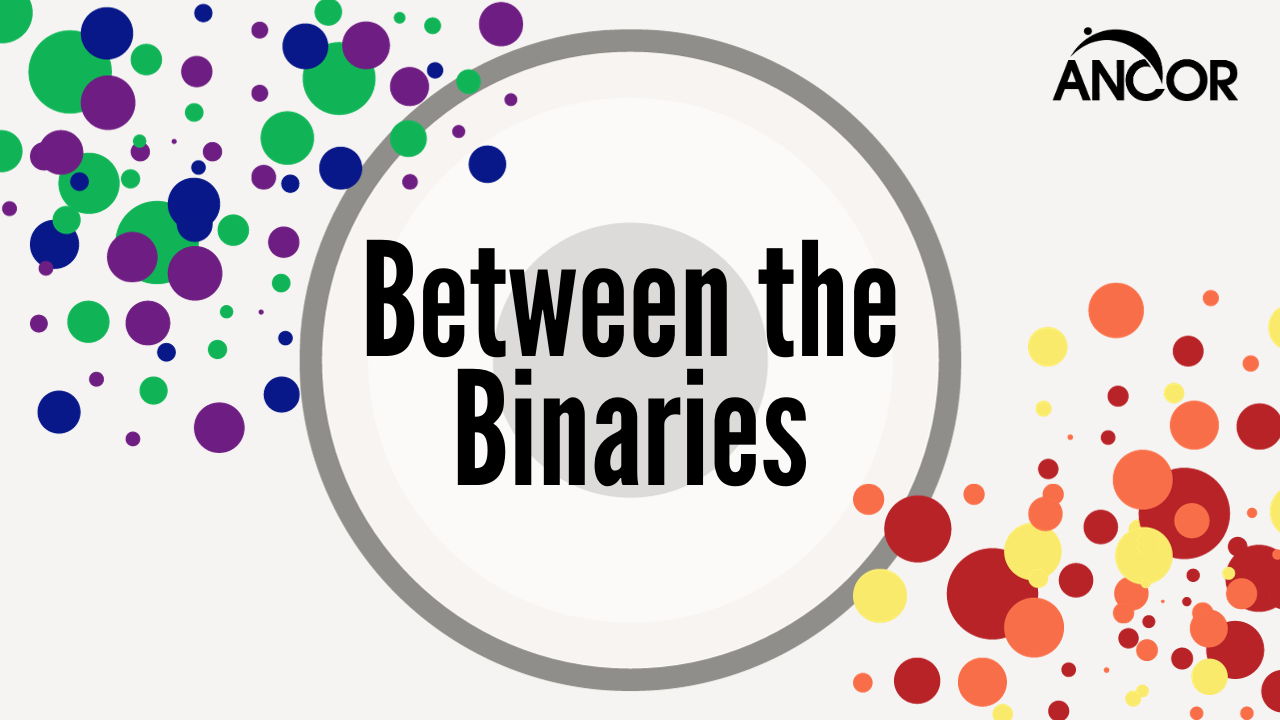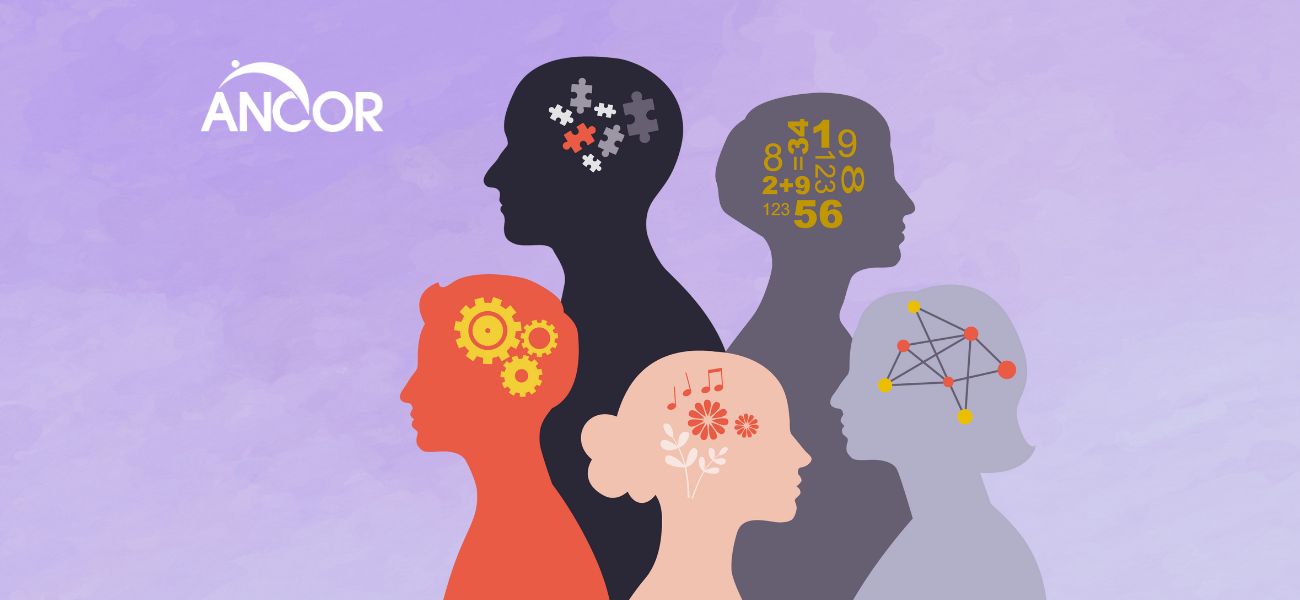October 18, 2023
WebinarBetween the Binaries: The Asian and Pacific Islander Fight to Be Seen

Share this page
Stay Informed on the Latest Research & Analysis from ANCOR
More Training & Events
April 23, 2025
WebinarThe Future is Neurospicy: A Conversation About Embracing Diverse Minds & Voices

